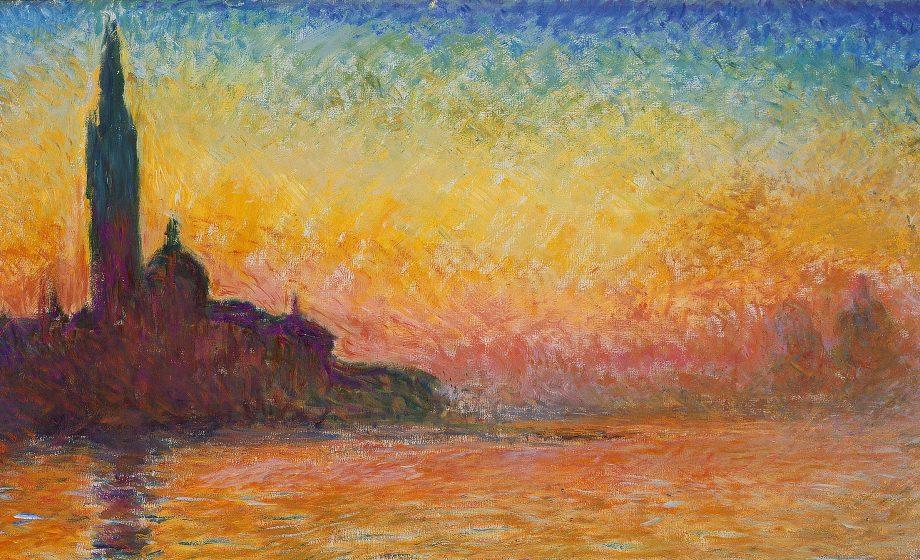APPENDIX II: A LEGAL SURVEY In recent years, across the world’s major art market jurisdictions, there has been a growing trend to add anti-money laundering infrastructure to dealers, galleries, and auction houses. This is true in the United States and especially across the Atlantic, where the United Kingdom, Switzerland, and the European Union have all taken action. Since American dealers operating in Europe must now abide by these laws and regulations, more detail on these changes is below, as well as addition information on the existing framework and proposed changes in the United States.
The United States The United States has the power to legislate markets and has done so through the Bank Secrecy Act of 1970. Under the USA PATRIOT Act, the Department of the Treasury has the power to share certain information regarding accounts and transactions that may involve money laundering or terrorist activity with federal law enforcement and financial institutions. Additionally, under this statute, certain financial institutions are allowed to share information amongst themselves for the purposes of identifying and reporting suspected money laundering and terrorism. These financial institutions must first alert the Treasury Department’s Financial Crimes Enforcement Network (FinCEN) that they possess and intend to share such information and will take adequate steps to maintain confidentiality. FinCEN, a bureau of the Department of the Treasury, also maintains a government-wide data access service that assists federal, state, and local law enforcement agencies in the detection, prevention, and prosecution of terrorism, organized crime, money laundering, and other financial crimes. The Department of Justice129 has the authority under the Arms Export Control Act (AECA), the Export Control Reform Act (ECRA), and the International Emergency Economic Powers Act (IEEPA) to administer export control and sanctions regimes. The power to limit exports from high-risk countries, such as those with known terrorist groups, can be a valuable tool for enforcement and take some of the responsibility of stopping terrorist financing and money laundering off the art market and financial institutions. As this report demonstrates, this existing framework can and should be better utilized to address financial crimes within the art market. The U.S. government should use these tools and authorities to ensure that art and antiquities dealers are subject to increased customer due diligence and reporting requirements. Working with art and antiquities dealers, as well as financial institutions, the United States may constructively write new regulations that protect these industries from the dangers of illicit trade, money laundering, and terrorist financing, while fostering and encouraging growth. These would ideally mirror the legislative efforts of the European Union and United Kingdom.
European Union In April 2019, the European Union adopted a new customs regulation, the EU Regulation on the Introduction and the Import of Cultural Goods. These regulations are seen as an effort to bring EU custom laws in alignment with those of the United States. The EU regulation affects imports of non-EU art and collectibles, as well as antiquities of non-EU origin (such as materials from the Middle East, Asia, Africa, and the United States) worth €18,000 and predating 1819 into the EU. This legislation places new LAWS AND REGULATIONS
40








